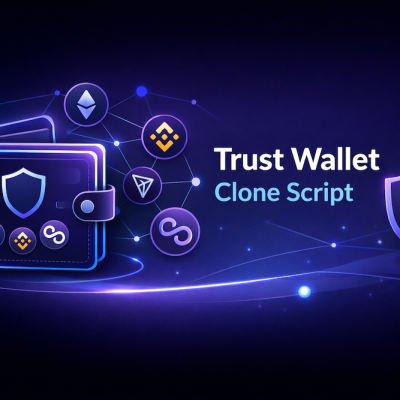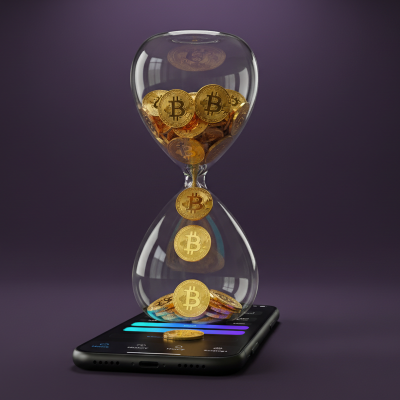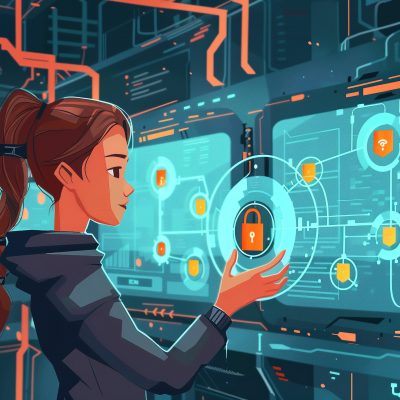FAQ
What is RWA Tokenization?
RWA tokenization is the process of turning real-world assets, like real estate or renewable energy projects, into digital tokens on a blockchain. This makes the assets easier to buy, sell, and trade, and allows people to own a part of the asset. Using blockchain technology, it ensures more transparency, security, and efficiency in managing and investing in these assets.
How do RWAs work?
Real-world assets (RWAs) work by converting physical or tangible assets into digital tokens on a blockchain. Here is a simplified breakdown of the process:
– Tokenization: The physical asset, such as real estate, commodities, or renewable energy projects, is divided into digital tokens. Each token represents a share of the asset value.
– Blockchain Technology: These tokens are recorded on a blockchain, a secure and transparent digital ledger. This ensures that ownership and transaction history are immutable and verifiable.
– Ownership and Trading: Investors can buy, sell, and trade these tokens on digital platforms, just like they would with traditional securities. This makes it easier to access and invest in high-value assets with smaller amounts of capital.
– Liquidity: Tokenizing RWAs increases their liquidity, as tokens can be traded on secondary markets, providing more flexibility for investors.
– Transparency and Security: Blockchain technology ensures that all transactions are transparent and secure, reducing the risk of fraud and enhancing trust among investors.
By tokenizing RWAs, the process democratizes access to investment opportunities, allowing a broader range of investors to participate in owning and benefiting from real-world assets.
What is the future of RWA?
The future of Real-World Assets looks promising, driven by several key trends and advancements:
– Tokenization of RWAs will continue to democratize access to high-value assets. Smaller investors will be able to participate in markets that were previously reserved for large institutional investors.
– As more assets are tokenized, secondary markets for these digital tokens will expand, improving liquidity. Investors will find it easier to buy and sell fractional ownership stakes.
– Blockchain technology enables cross-border transactions with ease, opening up global investment opportunities.
– Governments and regulatory bodies are increasingly recognizing the potential of blockchain and tokenization.
– Financial institutions and tech companies will develop new products and services around RWAs, such as DeFi platforms that offer loans and other financial services using tokenized assets as collateral.
– Tokenization can enhance transparency in tracking and reporting environmental, social, and governance (ESG) metrics, making it easier for investors to support sustainable and socially responsible projects.
– Ongoing improvements in blockchain technology, including scalability and interoperability, will further enhance the efficiency and functionality of RWA tokenization platforms.
 Asset management
Asset management  Compliance & Regulation
Compliance & Regulation  Token Creation
Token Creation  Security
Security  Alternative Trading System
Alternative Trading System  The Multi-Party Computation
The Multi-Party Computation 



